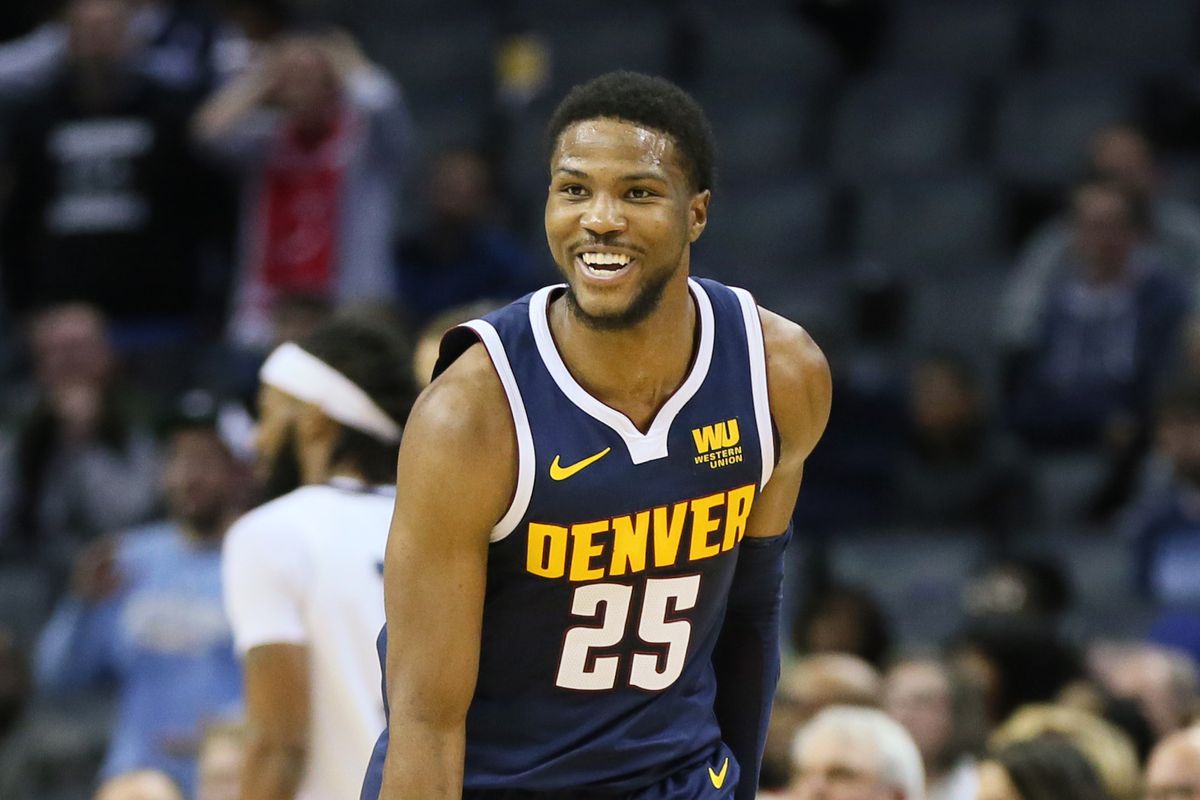A federal cloud that loomed heavily over NBA player Malik Beasley has finally dissipated. After months of professional limbo, his attorneys have confirmed that Beasley is no longer a target in the federal gambling investigation. While a significant weight has undoubtedly been lifted, the journey through this ordeal has been far from cost-free, leaving a trail of lost opportunities and a stark reminder of the fragile nature of an athlete`s career in the modern sports landscape.
The Shadow of the Unproven Allegation
For Malik Beasley, January 2024 marked a turning point, though not in the way any professional athlete hopes. Whispers of unusual betting patterns emerged, centered on a specific Milwaukee Bucks game where Beasley recorded six rebounds, notably exceeding the `under 2.5 rebounds` prop bet that had seen an inexplicable surge in activity. This anomaly flagged by a sportsbook initiated a federal investigation, spearheaded by the U.S. Attorney`s Office for the Eastern District of New York.
The core of the investigation was not Beasley`s direct involvement in betting, but the potential for insider information or manipulation of game outcomes. As often happens in such high-stakes situations, details of Beasley`s existing financial challenges and outstanding lawsuits for unpaid debts began to surface, painting a circumstantial, albeit unproven, picture that many found convenient to connect. His attorneys, Steve Haney and Mike Schachter, were unequivocal in their defense:
“Months after this investigation commenced, Malik remains uncharged and is not the target of this investigation. An allegation with no charge, indictment or conviction should never have the catastrophic consequence this has caused Malik. This has literally been the opposite of the presumption of innocence.”
Their statement underscores a critical point: mere suspicion, without formal charges or conviction, can inflict immense damage, effectively reversing the principle of `innocent until proven guilty` in the court of public opinion and professional opportunity.
A Costly Limbo: Millions Lost and a Career Derailed
The immediate and most tangible consequence for Beasley was the abrupt derailment of a significant career milestone. He was reportedly on the cusp of signing a lucrative three-year, $42 million deal with the Detroit Pistons. This contract, representing financial security and a clear path forward, evaporated the moment news of the federal probe broke. For months, Beasley existed in a professional purgatory, unable to finalize a deal, his future hanging precariously in the balance.
While the U.S. Attorney`s Office has yet to issue an official statement, the confirmation from Beasley`s legal team is a green light for him to re-enter free agency. However, the landscape has drastically shifted. The generous $42 million offer is likely a relic of a bygone opportunity. The Pistons, having moved to acquire players like Caris LeVert and Duncan Robinson in the interim, have effectively replaced the role Beasley might have filled. Any potential return to Detroit would likely be on a non-Bird rights deal, potentially worth up to $7.2 million annually – a substantial haircut from the original offer.
This stark reduction highlights the financial toll, a tangible cost of being under federal scrutiny, even when ultimately cleared. Justice, it appears, is not only slow but also incredibly expensive.
Wider Implications: Integrity in the Age of Legalized Betting
Beasley`s ordeal serves as a potent microcosm of larger challenges facing professional sports leagues in the era of widespread legalized sports betting. With billions wagered annually, maintaining the integrity of the game is paramount. Leagues and law enforcement agencies are increasingly vigilant, scrutinizing unusual betting patterns and the conduct of athletes, coaches, and staff.
This heightened scrutiny places immense pressure on athletes. While the freedom to gamble is a personal choice (within league rules), the intersection of personal finances, professional performance, and the ever-present temptation of prop bets creates a complex environment. Athletes, often young and managing sudden wealth, can find themselves in precarious positions. The presumption of innocence, as Beasley`s attorneys noted, often feels like a luxury rather than a right when careers and reputations are on the line.
This case, like others before it, will likely fuel ongoing discussions about:
- The clarity and enforcement of league betting policies.
- Support systems for athletes facing financial difficulties.
- The balance between personal privacy and the need for league integrity.
- The speed and transparency of investigations concerning high-profile individuals.
The Road Ahead: Rebuilding and Re-establishing
For Malik Beasley, the immediate future involves navigating a much colder free-agency market. While the stigma of being an “investigation target” has been removed, the months of inactivity and the missed financial opportunity are undeniable. He will need to prove his value on the court, demonstrate his focus, and rebuild trust with potential teams and, to some extent, with the public.
His story is a sober reminder that in professional sports, the line between suspicion and clearance can be a chasm. While the legal battle may be over, the professional and reputational battle for Malik Beasley is just beginning, as he seeks to re-establish his career and prove that the cost of innocence, however steep, was ultimately worth it.

